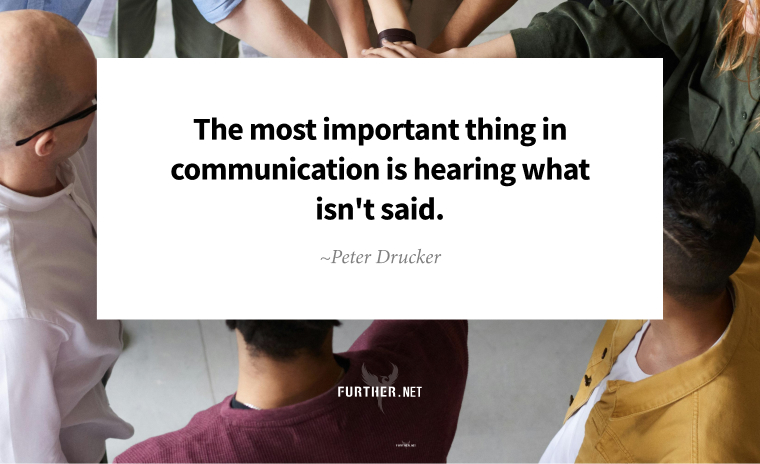
Given that our generation made “parenting” a verb, it’s unsurprising that we remain closely connected with our grown children.
Research shows this is a good thing; Pew Research reported that young adults 18-34 with highly involved parents benefit from an ongoing relationship with their folks. And we similarly thrive by staying close with our kids.
But researchers weren’t in the room with me when my daughter recently iced me for a week after I offered her some “helpful” advice. Nor were any scientists measuring my blood pressure when an acquaintance told me about some big plans my son had made without informing me.
As much as we’d like to think we’ve transcended our parents’ mistakes, it’s still just as easy for us to inadvertently cross boundaries and trigger the hell out of our kids. Time to take the eternal parental advice and learn how to (better) use your words.
Get Out of the Mouth of Babes
According to psychologist Sarah Epstein, while your comments may be based in love, they can easily backfire unless you stick to the basics of open, honest conversion.
As in all parent-adult child dynamics, both parties can take initiative to articulate their needs and be open to hearing feedback about how to support one another.
So, for example, my mistake in giving advice to my daughter was that it was unsolicited. She wanted to be validated and understood, but I was too focused on solving her problem. “That sounds rough” or “I trust your decision-making” would’ve worked better.
Similarly, telling your child they should look on the bright side or be grateful says you can’t tolerate their negative feelings or may even gaslight them. And cracking jokes — another go-to for most of us when conversations are challenging — can convey that their pain is too much for you.
Stop Kidding Yourself
Raising humans doesn’t come with a manual, but there is a basic rule of thumb that always works: it’s not about you.
So, here are a few ways to employ that advice to better your relationship:
- Avoid sharing the story about the time that thing happened to you.
- Keep your concerns, anxieties, and fears about the situation to yourself. It’s a tell when your kid has to console you, not vice versa.
- Stay present and avoid awkward responses like shutting down, turning away, or changing the subject.
- Check your jealousy at the door by not minimizing their issues, especially if your kid is more successful or has more exciting opportunities than you.
- Resist labeling your child or the situation.
And if all else fails, this line works wonders:
“Is there anything I can say that won’t make it worse?”
It’s not a whole conversation, just a baby step to being the mature parent your adult child needs.
8 Ways Parents Sabotage Conversations with Adult Children (Psychology Today)
